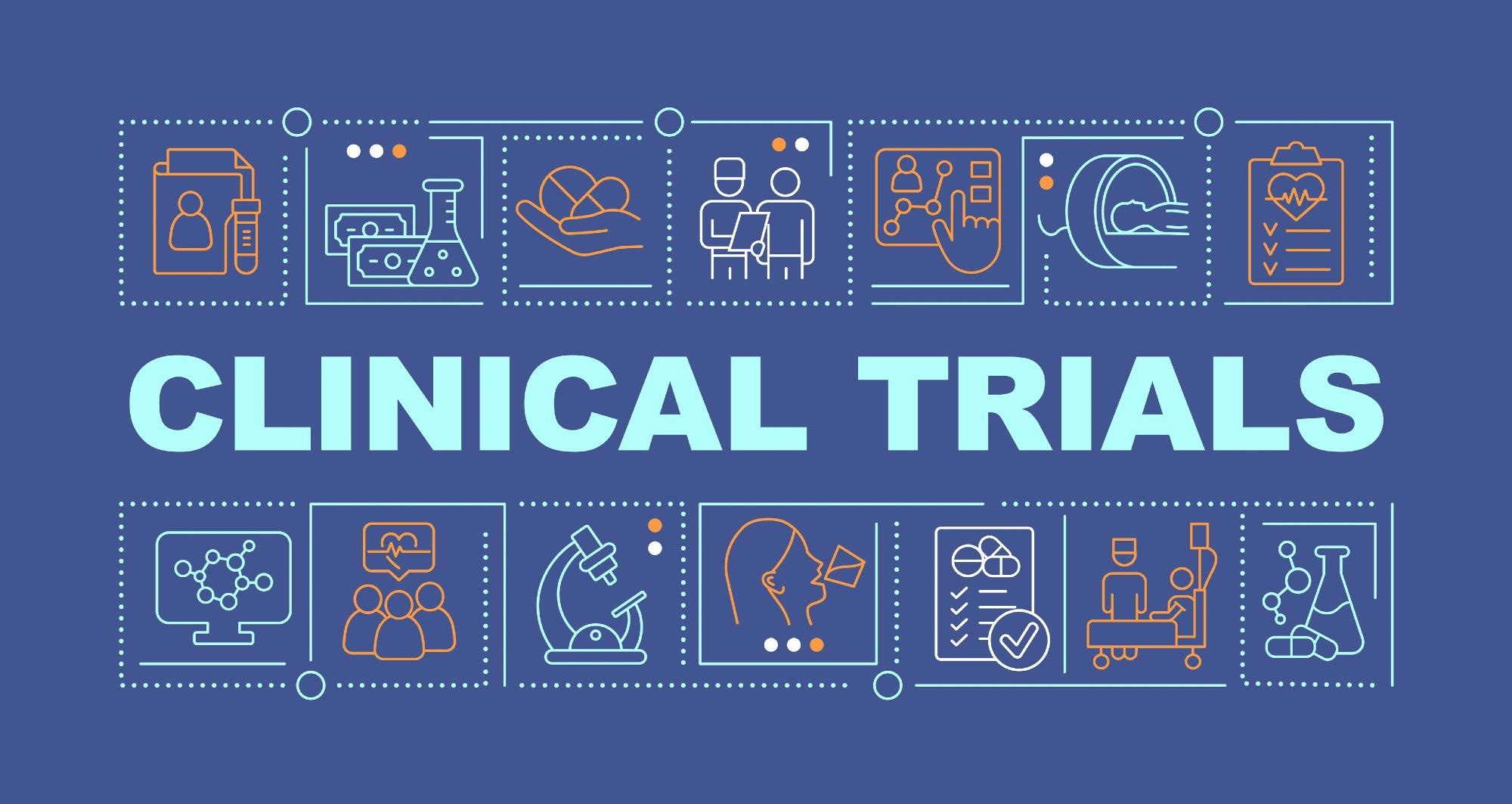Clinical trials are the gold standard for testing the efficacy of the medication, and it has a well-documented history. Clinical trials have resulted in significant advances in all medical fields, such as increasing cancer survivorship. Additionally, These trials are well-regulated, assessed, and monitored by various healthcare and scientific professionals to ensure patient safety.
Despite these factors, clinical trials have a very low participation rate; cancer patients have a minimal 3-5% enrollment in clinical trials. This article will explore the role of education in increasing participation in clinical trials.

Image Credit: bsd studio/Shutterstock.com
Why is participation important?
Participation in clinical trials is essential in ensuring that approved medications are safe and effective. A small sample of participants might not be representative of the population that will be using the medication and will, therefore, not accurately reflect all the properties of the medication, such as side effects.
Participation of a diverse group is essential as genetics play a role and disease and, therefore, how effective a medication is. Recently, there has been an effort to increase participation in clinical trials, especially in groups of ethnic minorities.
Educating Patients
Education patients on clinical trials are essential to increase participation. In a study that was carried out, the majority of patients were aware of clinical trials, but only 40% had a positive image of clinical trials, with only 35% willing to enroll. Lack of trust in the efficacy and safety of clinical trials is a major barrier, and it needs to be actively addressed by educating patients.
Many patients don’t associate patient care with clinical trials as they are seen as experiments, and the medication is the heart of the trial rather than the patient. Therefore, it is vital that educating patients is done in a jargon-free, engaging and straightforward language. The general public should be the primary audience to have the best chance of recruiting participants in all types of trials and ensuring they understand the confidentiality and safety regulations that are in place.
Increasing trust not only requires education from third parties but can also be from other participants of clinical trials. In a 2017 survey, 14% of people stated that they knew someone who participated in clinical trials. This can be leveraged to increase awareness and trust amongst the public regarding clinical trials.

 A Guide to Understanding Clinical Trial Terminology
A Guide to Understanding Clinical Trial Terminology
Educating Physicians
One of the main barriers to clinical trial participation is the lack of access for many reasons. Clinical trials are primarily conducted in reputable teaching hospitals, and usually, physicians from those hospitals are aware of the trials happening and can inform patients and encourage participation. This leaves many patients who may have been amenable to participating in clinical trials uninformed and not given the opportunity.
Clinical trials information should be actively shared with healthcare professionals and the media in an uncomplicated method to ensure all potential participants are reached.
Additionally, increasing patient participation requires educating healthcare professionals who might be reluctant to encourage participation due to a lack of knowledge. In a study where physicians were surveyed, it was revealed that 56% of physicians only considered a clinical trial for their patients late in the course of treatment, and 28% stated that they consider a clinical trial a “treatment of last resort.” These results clearly indicate the lack of knowledge of healthcare professionals and physicians, as referring patients too late may mean that they are no longer eligible for the trial and can not fully benefit from it.
Other factors to increase participation
Although education is vital for increasing clinical trial participation, it is not the only factor that can contribute. Many clinical trials have complex and stringent inclusion and exclusion criteria that result in a small pool of eligible people that can participate; removing this barrier or at least adapting it, so it is more representative of the population might increase participation. Another factor that needs to be addressed is making it more accessible and convenient to people that may not be able to travel for every appointment and take time off work. This has been addressed during COVID-19, where medication was delivered to patients, and follow-up meetings were held remotely for ease and safety. These adaptations can be integrated into all clinical trials where it doesn’t compromise patient safety and the integrity of science.
Accelerating participation in clinical trials is necessary for the safety and efficacy of approved medications. Various factors contribute to the lack of participation, including access, knowledge, trust, convenience, and many more. Educating the public on clinical trials and their safety and efficacy is important to develop trust and knowledge, so they are more receptive to participating in clinical trials. Additionally, there should be the education of physicians on the clinical trials that are happening and when to encourage patients to partake in clinical trials.
References:
- Alsumidaie, M. (2020, November 12). Clinical Trial Educational Initiatives Can Improve. Applied Clinical Trials Online. https://www.appliedclinicaltrialsonline.com/view/clinical-trial-educational-initiatives-can-improve
- Educating People About Clinical Trials May Improve Their Likelihood of Participation - The ASCO Post. (2016, August). The Asco Post. https://ascopost.com/issues/august-10-2016/educating-people-about-clinical-trials-may-improve-their-likelihood-of-participation/
- Mdgroup. (2021, December 19). How Can We Increase Public Awareness of Clinical Trials? https://mdgroup.com/blog/how-can-we-increase-public-awareness-of-clinical-trials/
- Opportunities for Education and Awareness. (2017, February 13). National Institutes of Health (NIH). https://www.nih.gov/health-information/nih-clinical-research-trials-you/opportunities-education-awareness
Further Reading